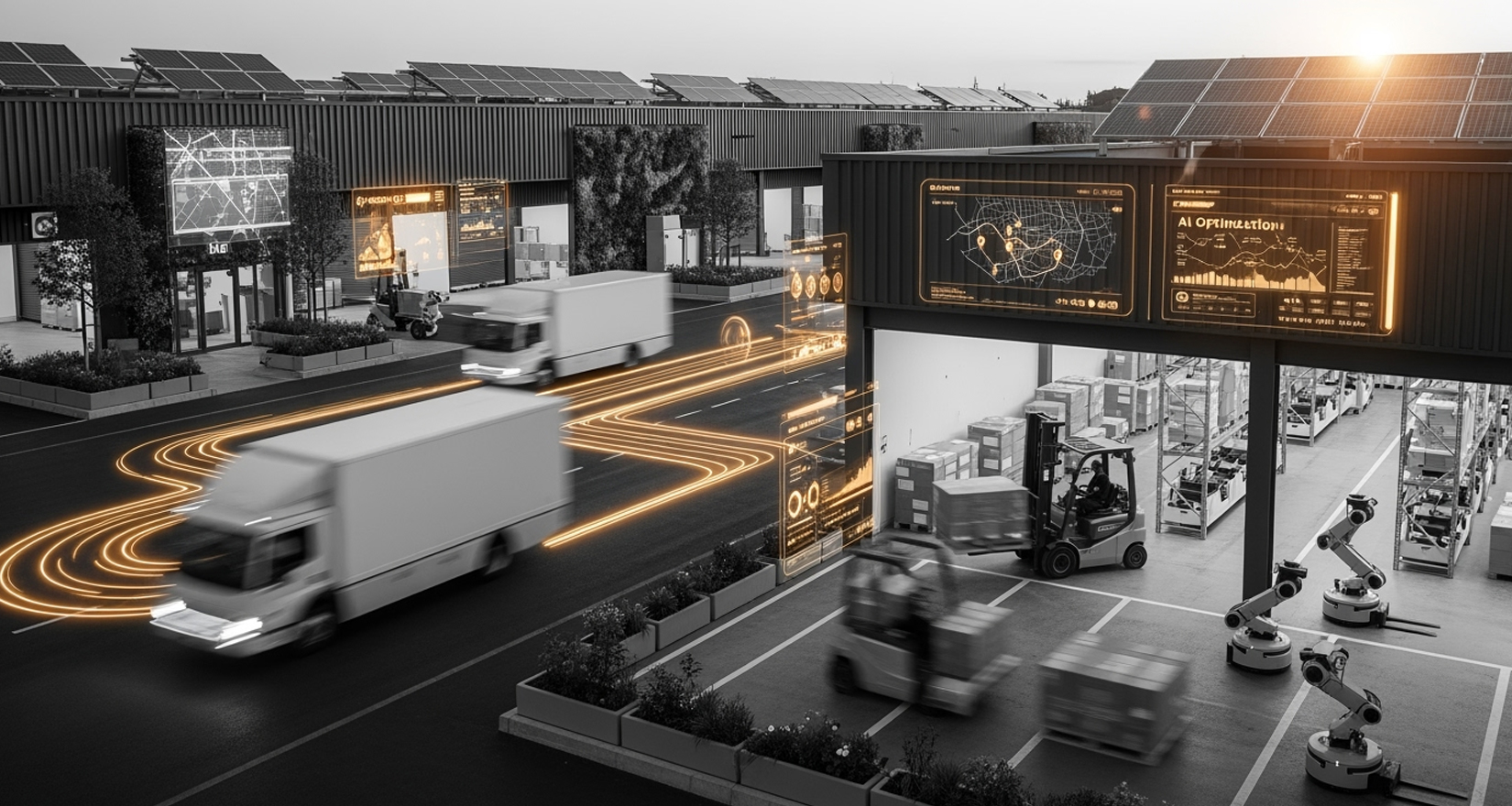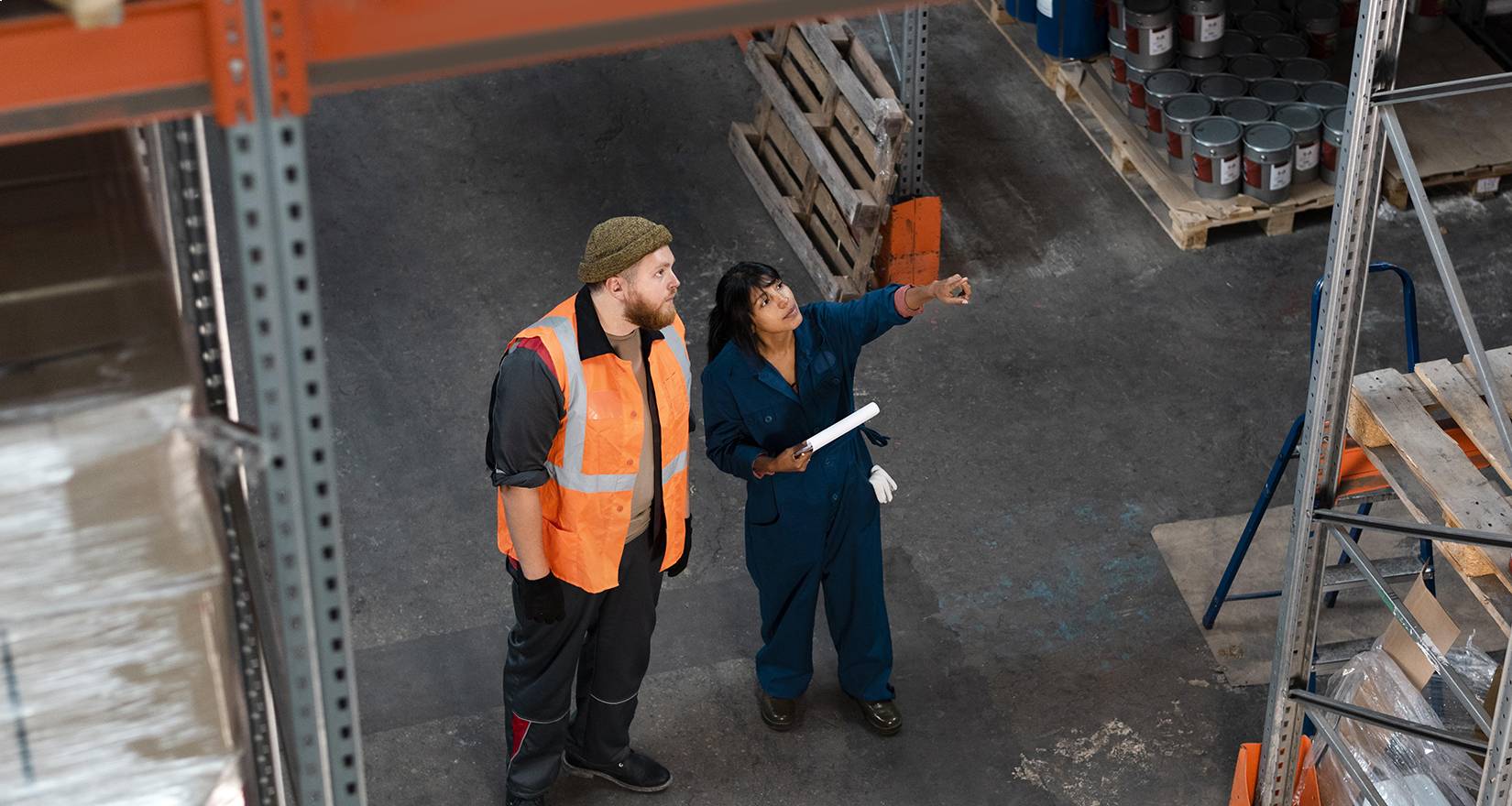
Faster, Greener, Smarter: The ITS Revolution in Supply Chains
The logistics landscape is evolving at a breakneck pace. Businesses today face mounting pressure to deliver faster, reduce operational costs, and minimize environmental impact. Amid this transformation, Intelligent Transportation Systems (ITS) have emerged as a game-changer, reshaping supply chains with precision, efficiency, and sustainability.
What is an Intelligent Transportation System?
Intelligent Transportation Systems (ITS) consist of cutting-edge technologies. GPS, IoT, data analytics, machine learning (or Artificial Intelligence) that optimize the flow of goods. By utilizing real-time data, Intelligent Transportation Systems (ITS) allow logistics managers to see vehicle locations, predict traffic conditions in route negotiation, and define solutions that help reduce delay and cost. As stated by McKinsey, supply chain digitization from ITS can increase delivery efficiencies by as much as 30%. This shows the growing importance of ITS in logistics today.
Intelligent transportation software also plays a vital role in this system. The software represents the brain of the system. It collects, compiles, and transforms telematics, traffic data and route information into actionable insights. Logistics managers excitedly report their companies are running more efficiently, are using less fuel, and have higher customer satisfaction.
ITS is not limited to transportation management; it is a crucial link between the digital supply chain and transmission management. By digitizing the management of warehousing, inventory management and forecasting, ITS allows companies to move and manage goods from supplier to the end customer in a seamless manner. The system leverages digital technologies to reduce waste, minimize delays, and strengthen supply chain resilience.
Driving Speed and Efficiency in Supply Chains

In logistics, time is money. Any delays cost us as a business or show up in the lost-time of our customers or consumers. Intelligent transportation systems revolutionize speed and efficiency with dynamic route optimization, real-time tracking, and automated scheduling.
In traditional logistics, routing is primarily based on a fixed schedule, with a decent amount of human gut and instinct involved. Transportation Management Systems leverage data and intelligent transportation systems. Through this they automate updates on weather, traffic conditions, and delivery priorities, to consistently adjust routes in real time. These systems help logistics companies avoid traffic congestion, avoid waiting, and move parcels from origin to destination in less time. According to a 2024 report from Statista, companies who implement intelligent transportation systems reported an average of 25% less time in transit than companies who did not.
Smart, real-time tracking solutions supported by intelligent transportation systems elevate visibility across the supply chain. Logistics managers can then manage bottlenecks and know where to communicate with internal and external stakeholders. With this they can avoid situations that drastically affect operations from delays. Major eCommerce companies utilize intelligent transportation systems to track thousands of shipments on a daily basis while also allowing customers to know when the shipments will arrive and when there are delays.
Additionally, logistics will leverage intelligent transportation systems within the automation schedule of the fleet. The system can provide predictive forecasts of busy periods and provide suggested schedules and vehicle assignments. This provides faster deliveries of parcels while also optimizing the fleet’s current utilization and efforts. Less unproductive time means less costs associated with unproductive wheels on the road.
Sustainability Through ITS

Mitigating environmental impact is no longer optional; it is a business imperative. ITS aids logistics firms in cutting down on fuel consumption, optimizing load management, and reducing carbon emissions. The International Transport Forum suggests that the adoption of intelligent transport software leads to CO₂ emissions reduction from freight operations of up to 20%.
Dynamic route planning is a key component of ITS, contributing to unnecessary mileage reduction. Efficient routing impedes congestion, allowing the vehicle to follow the path of least resistance and avoid fuel burn. The use of predictive analytics allows companies to consolidate shipments and reduce the number of trips, further shrinking the carbon footprint.
Sustainability incorporates more than just reductions in fuel consumption. ITS provides businesses with actionable insights into vehicle performance and logistics. Thereby, allowing scheduled maintenance and performance follow-ups to avoid breakdowns and minimize environmental waste associated with inefficient operations. Intelligent transportation creates a business case for corporate responsibility while driving down costs. It’s a true win-win.
Enhancing Safety and Compliance

Disruptions in the supply chain are not limited to delays–disruptions can occur for accidents or non-compliance with safety regulations. Intelligent Transportation Systems (ITS) help enhance safety by monitoring driver behavior, vehicle condition, and road hazards in real time. Intelligent transportation software generates alerts that inform drivers of upcoming risks, so appropriate action can be taken to prevent incidents.
ITS also simplifies compliance with regulations. Automatic logging, electronic records, and regulation compliance reduce the risk of operational downtime and financial fines. For instance, a company operating cross-borders can maintain accurate electronic records of shipment routes, fuel consumption, and cargo safety compliance with local regulations. Thus, reducing the burden of paperwork and administrative effort.
Operational safety extends to the security of the cargo. ITS provides information and real-time geofencing alerts to monitor if high-value, sensitive shipments remain on authorized routes. This enhances operational reliability and customer confidence.
Real-World Impact: Case Studies and Stats
Various logistics companies are already using ITS and have experienced very positive outcomes. For example, a logistics company operating in Europe reported a 28% reduction of fuel costs within one year of implementing an ITS-based route optimization scheme. Meanwhile, an e-commerce company based in North America claimed improvements in on-time delivery rates greater than 15%, mostly related to real-time tracking and predictive analytics as a result of ITS.
Statistics point toward a broader trend: the global market in intelligent transportation software is predicted to exceed $40 billion by 2030, driven by the pursuit of efficiency, sustainability, and smart logistics solutions. Supply chains are becoming increasingly complex, and adopting ITS will likely become the norm rather than the exception.
The Future of ITS in Logistics
The capability of Intelligent Transportation Systems goes well beyond what is currently being used. New technologies including autonomous vehicles, drone delivery, and AI technology driven predictive analytics will continue to disrupt supply chain management. As these technologies mature, ITS will be more of a logistic network orchestrator versus a support tool.
Early adopters of intelligent transportation solutions are ensuring long-term advantages in competition and efficiency. In addition to operational efficiency, ITS provides a sustainable platform that achieves customer satisfaction through faster, more reliable deliveries, transparency, and sustainability. Modern consumers desire that trifecta of benefits more than ever.
Conclusion
The logistics industry is on the cusp of a new era, with ITS in the forefront. With Intelligent Transportation Systems, fast deliveries, environmentally-friendly processes, and smarter decision-making are possible. ITS no longer exists as a luxury, but is now a necessity, from dynamic routing and real-time tracking, to analyzing sustainability.
Invest in intelligent transportation software today to be better prepared for success tomorrow. Not only do companies need successful supply chains, but performance must be optimized, safe, and environmentally responsible, especially as supply chains become more complex. ITS will continue to pioneer the frontier of efficiency in logistics.
62






@LogiNext